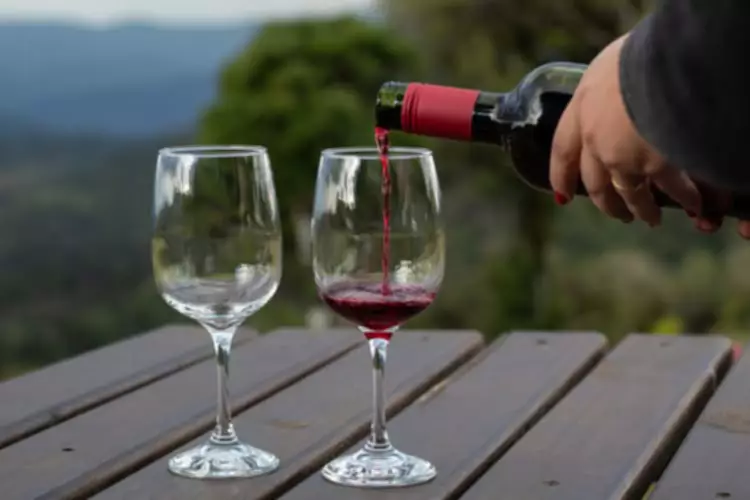
If you want to restore and revitalize your skin after drinking during the holiday season and year-round, the U.S. When you’re ready to get started, simply fill out our online scheduling request form, and one of our team members will be in touch to finalize the details of your visit. Dr Morrison adds that if you suffer from the skin condition rosacea, alcohol will likely exacerbate your symptoms. “Rosacea is a condition that is triggered by alcohol consumption – especially red wine – as it’s an inflammatory condition, so when we drink alcohol we’re increasing chances of a flare-up,» she says. There are so many health benefits of not drinking alcohol, but not everyone wants to give up alcohol completely or give non-alcoholic wine a go. But if you do enjoy a regular tipple on your night off from looking after the kids (or once they’re asleep after a stressful bedtime), you may have noticed some of the negative effects that drinking can have.
Non-Neoplastic Skin Diseases
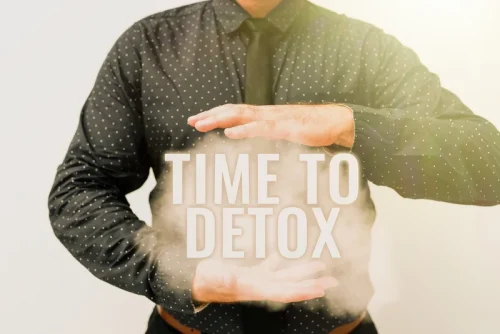
Your skin will be better equipped to defend itself against free radicals, slowing the development of new wrinkles. To fight them, your body uses antioxidants such as vitamin A, which decreases your overall levels of those antioxidants. Binge drinking—consuming four drinks for women or five for men in a two-hour span—is even more damaging than when the same number is spread out over the week. This hydrating serum drenches skin with long-lasting moisture by combining hyaluronic acid with VICHY’s highest concentration of Volcanic Mineralizing Water, rich in minerals. The lightweight gel texture of the serum is soothing upon application, supporting the skin’s natural barrier and defending against pollutants – and the effects of a hangover. Just because you’re not drinking booze, it doesn’t mean you can’t enjoy a fancy cocktail.
How to reduce the effects of alcohol on your skin
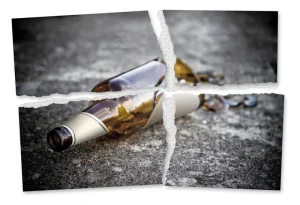
All of these skin conditions may occur without any history of alcohol abuse. Nutritional deficiency can develop when alcohol replaces normal food in the diet and the digestive tract and liver do not digest and process food the way they should resulting in malabsorption. With little calorie or protein intake the skin becomes dry and loses elasticity. Transient flushing is also a common side effect of alcohol, particularly in heavy drinkers. Acetaldehyde is thought to cause flushing by stimulating release of histamine. Heavy drinking over a period of time can cause a physical dependence on alcohol.
- According to Dr Ana, «Unfiltered red wine requires higher levels of processing by the body.»
- Liver disease caused by alcohol use can cause hyperpigmentation, palmar erythema, jaundice, generalized pruritus, and caput medusae.
- Combating skin damage often begins with reducing or eliminating alcohol consumption, adopting a balanced diet, and maintaining a skincare routine to nurture and protect the skin.
How does alcohol cause dehydration?
The least damaging types of alcohol for skin are lighter drinks with no additives—such as gin, vodka, or tequila. To put it simply, alcohol creates a https://ecosoberhouse.com/ double-whammy effect when it comes to oxidative stress. And combined with inflammation and dehydration, this can make for some very unhappy skin.
Anna Bailey stopped drinking alcohol in 2019 and has noticed a dramatic improvement in her skin. «I’m so much happier with my skin since I stopped drinking,» she said. «I used to spend a fortune on skin creams and facials, and they’d barely make a difference. But quitting alcohol, even in just the first couple of weeks, had a dramatic and instant effect on my complexion.» The refreshing oil-free formula is perfect for using before your moisturiser to give your skin a super-hydrated and plumped appearance.
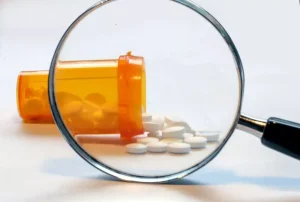
While harmless, larger pores make your skin look older and less healthy overall. Dr Ana recommends catching up on sleep after a night out and putting an extra pillow down too. It may sound like an obvious one, but one of the most important things you can do to help your skin is to drink enough water. Like cocktails, the high sugar content in white wines can also lead to dull, sallow skin and puffiness – the last thing you want for your face. Eliminating alcohol from a person’s diet and lifestyle should help the skin to clear up. Seeking help for addiction may feel daunting or even scary, but several organizations can provide support.
- The rest of the alcohol will leave your body through your sweat and breath.
- Seborrhoeic dermatitis has been observed to be more frequent in heavy drinkers.
- In a case-control study of 175 people with rosacea and 145 people with normal skin, there was no significant difference in alcohol consumption between the two groups.
- It can cause various skin conditions, premature aging and wrinkles, acne, and dehydration.
Include supplements into your diet
- “If it is lower in the list, past sixth, it may not be concentrated enough to deplete your skin’s barrier,” says Frieling.
- Nutritional deficiency can develop when alcohol replaces normal food in the diet and the digestive tract and liver do not digest and process food the way they should resulting in malabsorption.
- Do this by incorporating relaxing activities into your next morning—think yoga, breathwork, a walk outside, watching your favorite show, etc.
- When your body is dehydrated, your skin becomes dry, flaky, and less elastic.
It can also cause oxidative stress, which can further damage the skin’s cells. If you find that you are struggling with alcohol addiction, seeking professional help is essential for both your overall health and your how alcohol affects your skin skin health. Alcohol addiction can have a significant impact on your physical and mental well-being, including your skin. Antioxidants are also crucial for protecting your skin from the damaging effects of alcohol.
However, one aspect that often goes overlooked is the impact of alcohol consumption on skin health. In this comprehensive guide, we will explore the relationship between alcohol and skin health, shedding light on the effects and providing insights for informed decision-making. This paper reviews recent progress in research investigating the relationship between alcohol consumption and several common skin diseases, including acne, rosacea, psoriasis, atopic dermatitis, and skin tumors.
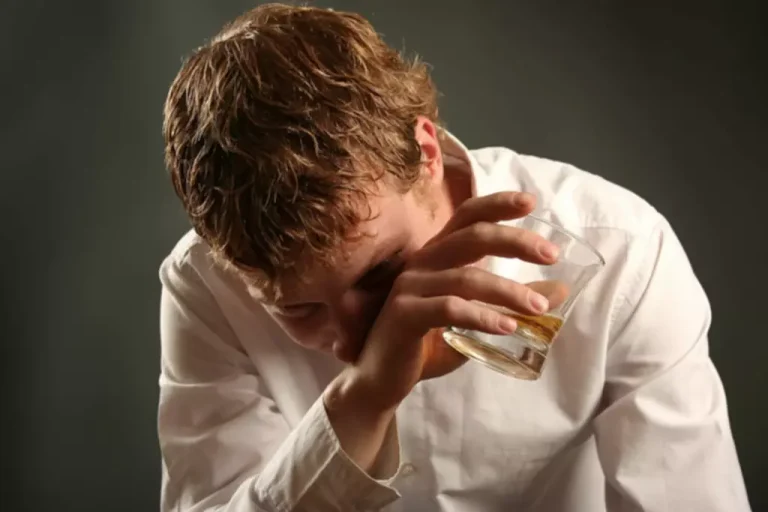











 gran virtud, algo que puede parecer cosa de generaciones anteriores pues en la sociedad actual todo tiene que ser para ya y los tiempos de espera están muy mal vistos.
gran virtud, algo que puede parecer cosa de generaciones anteriores pues en la sociedad actual todo tiene que ser para ya y los tiempos de espera están muy mal vistos.



